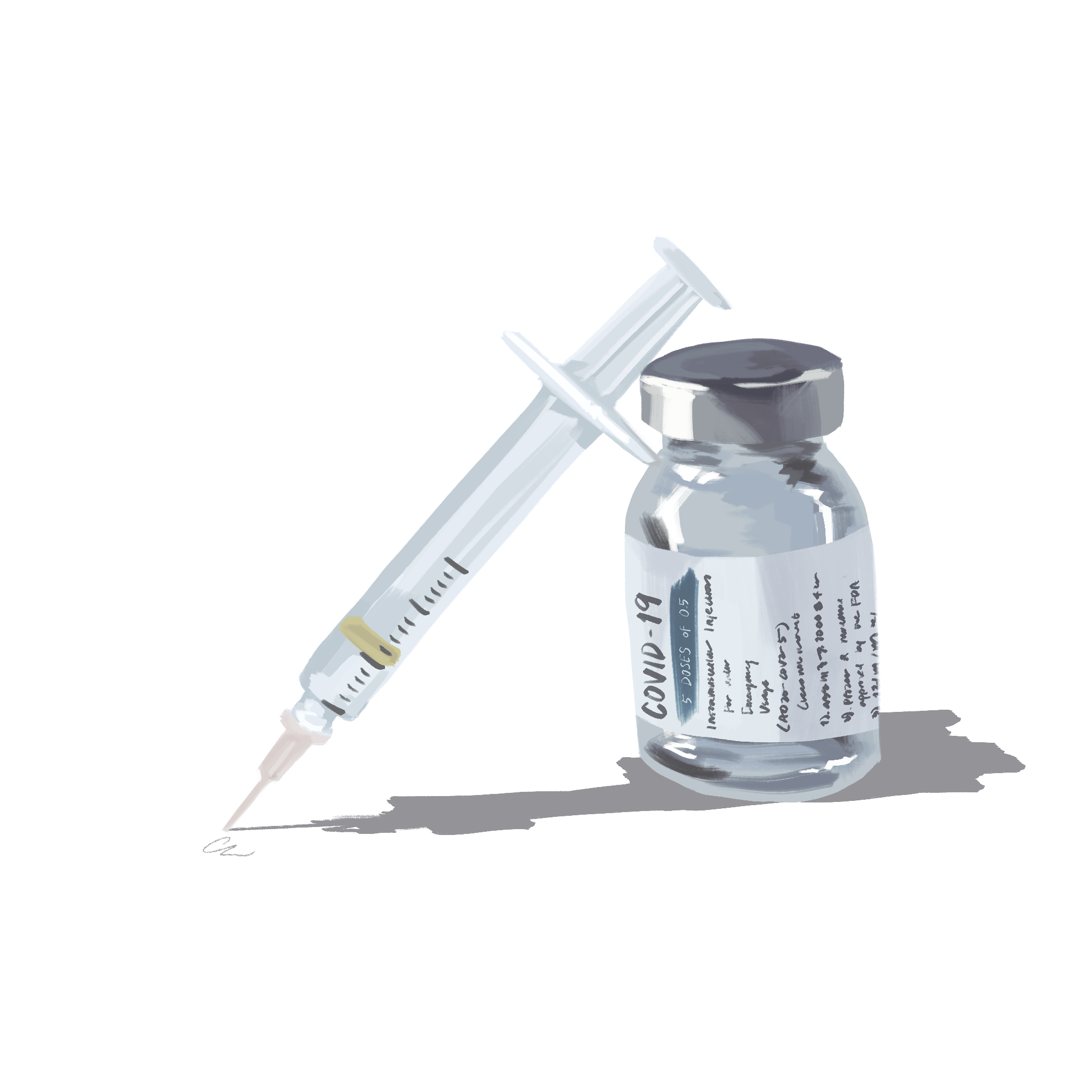Children aged 5-11 are now eligible for COVID-19 vaccinations
The Connecticut governor and public health commissioner issued a press release announcing that children aged 5-11 can now receive COVID-19 vaccinations following recent FDA recommendations.

Cecilia Lee
Last week, Governor Ned Lamont and the Connecticut public health commissioner’s office announced that children aged 5-11 are eligible to receive the COVID-19 vaccine, following federal guidance.
Lamont and the Connecticut Department of Public Health Commissioner and Yale School of Medicine Professor Manisha Juthani issued a press release last Tuesday regarding the recent eligibility expansion of nearly all school-aged children to receive the Pfizer COVID-19 vaccine. According to Thomas Murray, an associate professor of pediatric infectious diseases at the Yale School of Medicine, the expanded eligibility has the potential to help lower community transmission rates.
“Vaccination has the potential to help families keep their children out of quarantine from school following exposure to a case of COVID-19,” Murray told the News. “Also, many social activities, like concerts and sporting events, will be made possible, allowing kids to congregate together safely. It’s one more step towards a return to a normal lifestyle.”
This state-level approval follows the U.S. Food and Drug Administration’s recent emergency use authorization of the vaccine in the 5-11 year-old age group.
In his press release, Lamont wrote that the new development will mean that almost everyone across the state “will have access to this life-saving tool.”
“I have heard from all of my public health advisors, and they are clear in their guidance – this vaccine is safe for kids and it works,” Lamont wrote.
According to Albert Ko, professor of public health and epidemiology at the Yale School of Public Health, children from infancy to 11 years old are in the age group with the highest risk of developing COVID-19 in Connecticut. Although they are significantly less likely to be hospitalized and die from the disease than the elderly, children can still develop severe complications. Furthermore, children may transmit COVID-19 to those who are at high risk for severe outcomes, especially if they live in multigenerational homes, Ko explained.
The fact that this age group will gain access to the vaccine, Ko said, represents “another success story in response to the pandemic.”
Ko continued: “The use of a safe and efficacious vaccine in children will have large benefits in preventing disease… keeping schools open and protecting vulnerable populations.”
The FDA announced the immediate authorization in an Oct. 29 release. In the release, officials cited the vaccine’s effectiveness and safety as two key factors in their decision to authorize vaccination for this younger age group. The officials noted that the vaccine was found to be 90.7 percent effective in preventing COVID-19 in children aged 5-11, with immune responses comparable to those of adolescents 16-25 years old. The vaccine’s safety was studied in approximately 3,100 children within the age group who received the vaccination without serious adverse effects detected in the ongoing trial.
This data, alongside assessments predicting that the vaccine’s benefits outweigh its risks, pushed the FDA to determine that the Pfizer vaccine has met the criteria for emergency use authorization in young children, according to the FDA release. This vaccine will be a lower dose than that of the Pfizer vaccination used for individuals over 12 years of age.
The vaccine distribution for children and families will be available from a variety of resources –– pediatricians, pharmacies, school-based clinics, several health systems and local health departments –– according to the press release.
The expanded eligibility is predicted to increase vaccination rates across the state. An estimated 277,630 children within the age group live in Connecticut and are eligible to start receiving doses, according to the press release.
Current regulations surrounding COVID-19 policy dictate that those vaccinated do not have to undergo quarantine if they have come in contact with a positive individual.
Yale University requires all students, faculty, staff and postdoctoral and postgraduate trainees to obtain a COVID-19 vaccine and comply with at least once-a-week testing.







